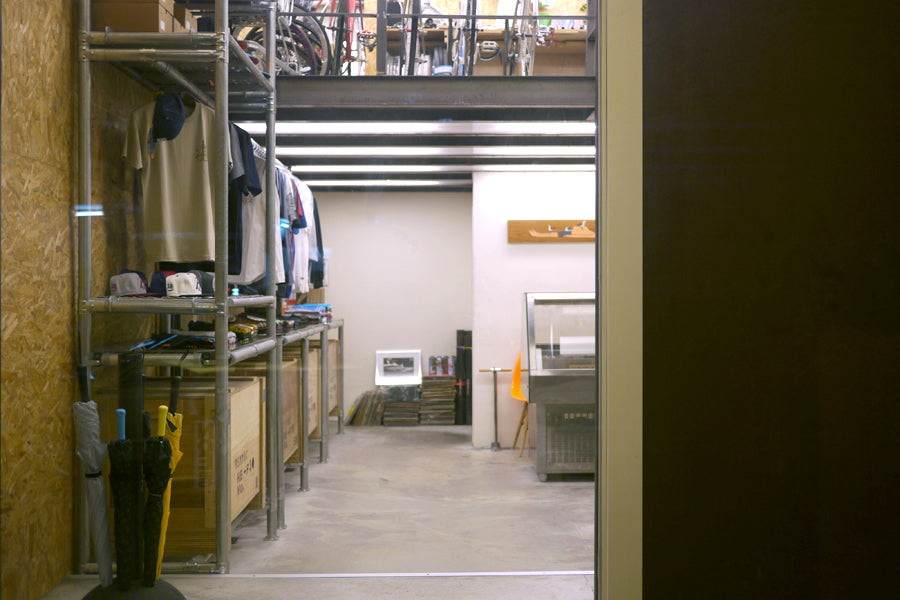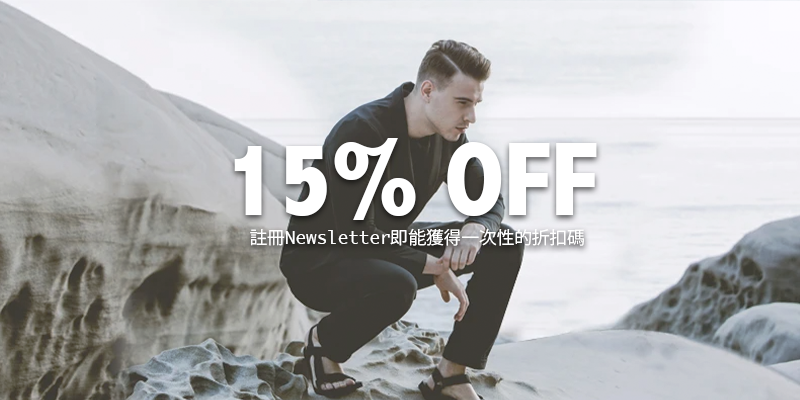Interview with nabiis' Klamm
Another one of our friends, Klamm from fixie shop nabiis, had time for a quick chit chat on how he got where he is now. He shared with us his insight on biking, the fashion industry, and much more. Take a look on what Klamm, part owner of nabiis, has to share with us.
"You appreciate the little things more when you ride your bicycle to get to places." - Klamm
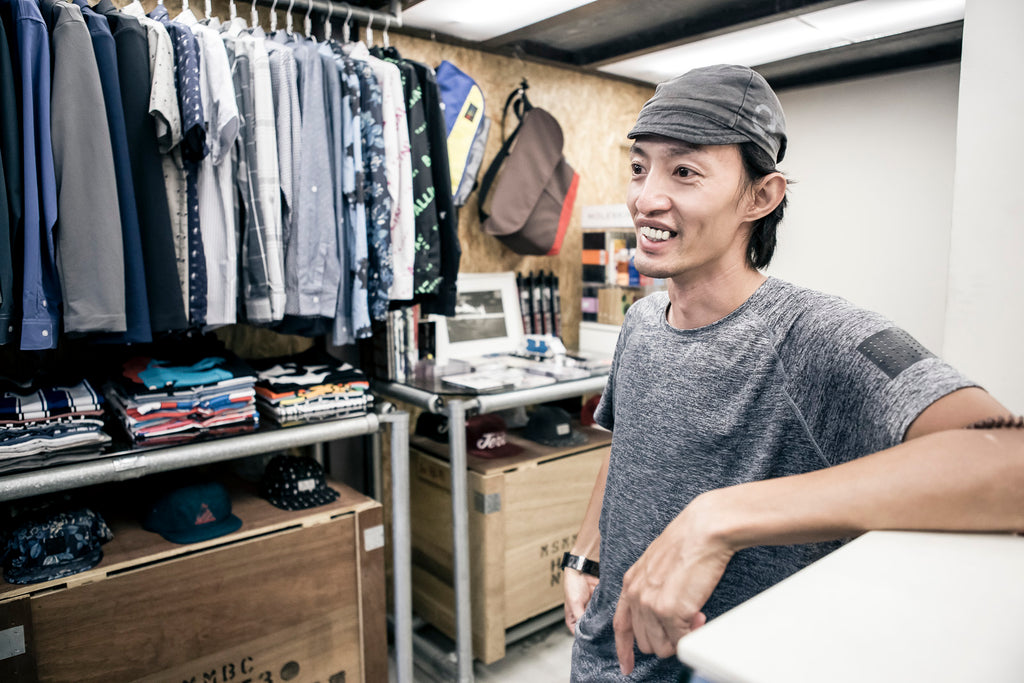
Outerboro: As a part of nabiis as one of the owners, how did you get to where you are now? How did you meet the other members of nabiis?
K: I used to work for another clothing store, and nabiis’ Ken was one of my coworkers then. On one day in 2006, Ken asked me to go on a cycling trip around Taiwan, but I told him I didn’t have a bicycle. Ken went out of the way to borrow a mountain bike for me, and then we went on the trip together with some of our classmates. After that I fell in love with cycling, and a few years later a couple of friends, Ken, and I decided to open up nabiis.

Outerboro: So tell me a bit about the job you had at the clothing store, what kind of role did you take on there?
K: Back then it wasn’t that every retail store was starting their own clothing brand. What I did was I traveled around Asia to countries such as Japan, Hong Kong, and Thailand to look for clothes to purchase as a wholesaler and sell at our store in Taiwan. I also find small brands to bring into Taiwan, and discuss business with these potential clothing brands. Other then that I helped managed the store, which was located in the busy district of Ximending.
Outerboro: Thailand would not be the first country I had in mind for purchasing wholesale clothing, how did that work out?
K: In the past, Taiwan had a trend when everyone would wear vintage American clothing. American brands would donate many of their second hand clothing to Cambodia, Thailand, and other Southeast Asian countries. I would fly over there to check out these warehouses stocked with these clothing, and purchase them to bring back to Taiwan. This was about 7 to 8 years ago if you could recall the fashion in Taiwan back then.
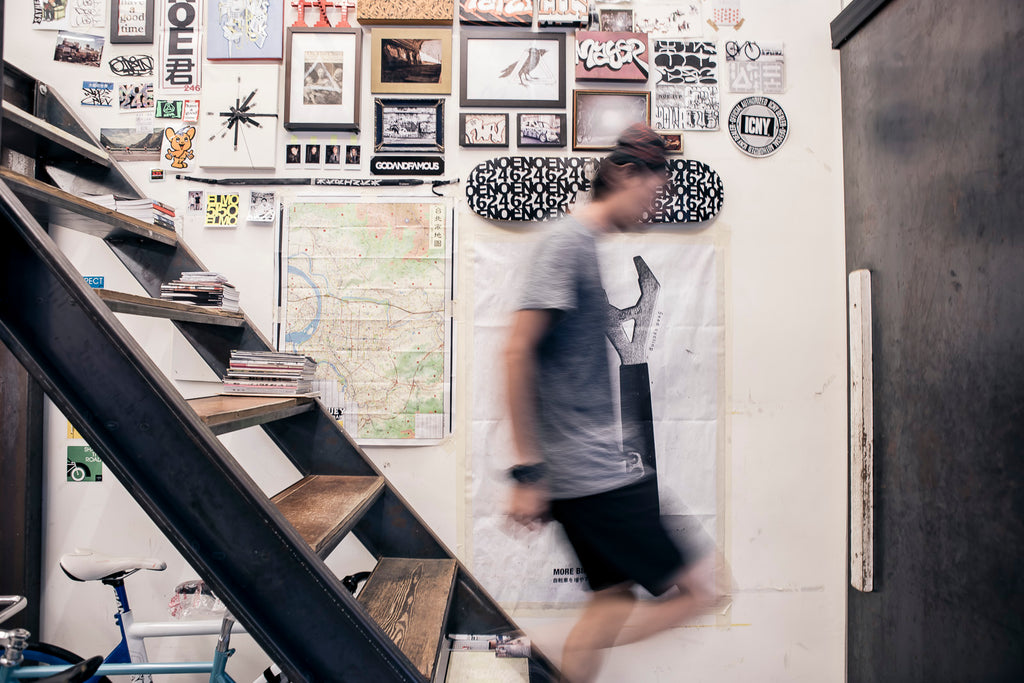
Outerboro: Were you interested in working in a clothing store based on your interests in clothing or fashion trends?
K: One of close my friends were interested in opening a clothing store. Not long after he opened up shop, he received a mandatory army service notice. He needed a trusted someone to look after the store, so he asked me to help him manage the store while he was in the army. I had decent fashion sense before, dressing in vintage clothing while mixing in my own style. People used to look at me and think my style to be very unique and memorable, so when I worked in the clothing store it was quite successful for me.
Outerboro: Sounds like quite an interesting job. What other jobs or interesting activity did you do besides working at this clothing shop?
K: This is not exactly a job, but I used to breakdance right after high school while I was working in my friend’s clothing store. I actually really began dancing around middle school. I did a lot of popping, locking, and b-boying. I even went to quite a lot of b-boy competitions.
Outerboro: How did this become the trend in Taiwan when there was no Internet at that time?
K: It was interesting because our friends would record the Japanese TV dance shows, and we would watch and rewatch video tapes of these dance shows and competitions to learn new trends in another country.

Outerboro: Going back to cycling, were you ever interested in cycling prior to the trip around Taiwan?
K: I have cycled as a kid, but I didn’t think much about it when I grew up. The big turning point was really when Ken invited me on the cycling trip. It was a big deal since I haven’t cycled for a long time, but jumped right into this crazy bike trip. I was very tired while cycling then, but after which I really got into it and appreciated it so much more.
Outerboro: What about cycling do you enjoy the most?
K: While cycling you get to see the scenery differently from when you drive in a car or take the train to your destination. You appreciate the little things more when you ride your bicycle to get to places, and it definitely connected me closer to nature and this country.
Outerboro: So we are curious, what kind of bicycles have you owned? How did your preference evolve?
K: I have owned a mountain bike and fixed gear bicycle. Back then fixed gear bicycles were not really the main trend, since it was still an underground thing. My friends and I saw that fixed gear bikes have potential to have a bigger market and impact in Taiwan, so we promoted it and possibly helped it become more mainstream as it is now.
Outerboro: We have heard that you are also working part time for YouBike, how is that working out for you? (YouBike is Taipei’s bike share)
K: My side job is basically maintaining these YouBike stations. When a bike station is too full and people had no space to park their bicycles, I would drop by to remove then tie up the excess bicycles so there will be space for people to park. After I tie it up, a colleague would drive by in a truck to pick these bicycles up to drop off at a less popular station.
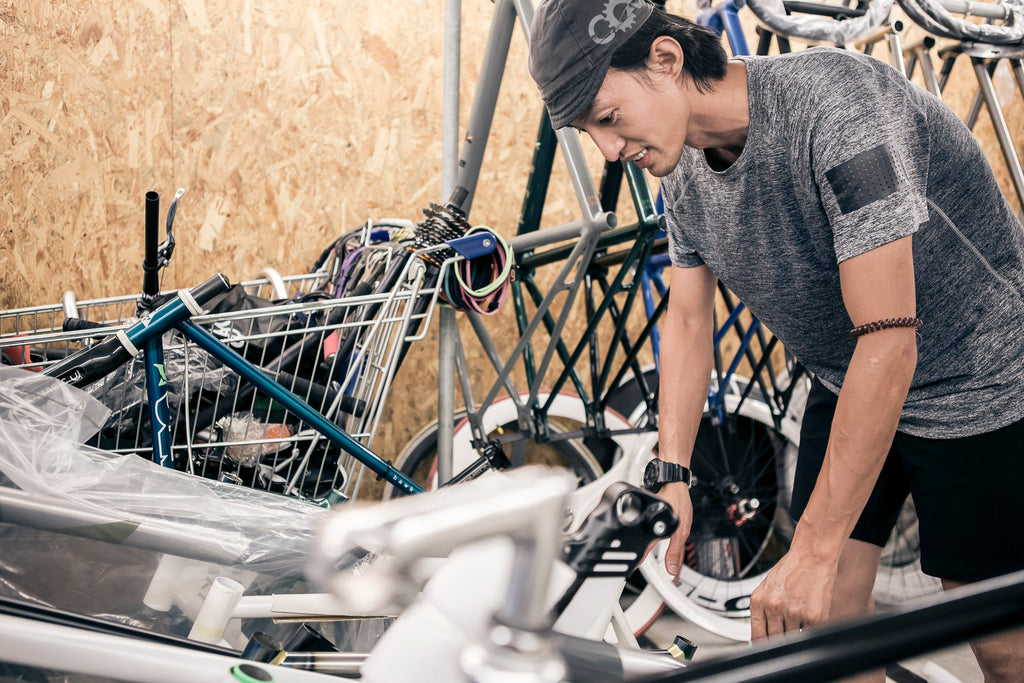
Outerboro: Do you have any bike trip or routes you specifically enjoyed or felt was memorable?
K: I feel like any new bike routes will be a good and enjoyable ride. I don’t really plan ahead for my journeys. A little while ago when the government was cutting down century old trees in the city to make way for new buildings, I rode my bike to see the remaining trees and take photos of them. It’s crazy that over a night these trees can be gone forever, so I wanted to appreciate it before it is cut off. Another thing I do is to ride to the wetland (marshes) to see nature and the damage pollution has done to it. I really enjoy nature and the great outdoors, whether it is up in the mountains or by the beach.
Outerboro: Comparing between past and present fashion and clothing industry, what do you think we need more and what do you like about the present fashion industry?
K: In the past if you find the right sources and media outlets, it is easy to get the word out about a certain trend, clothing brand, or fashion style. However, nowadays there are way too many resources for marketing and making a statement. Social media and the Internet is basically a part of us now, and our cell phones are almost like one of our body parts. So how should you get people to talk about your trend? Just figure out a way to get people talking about your clothes via their phones.
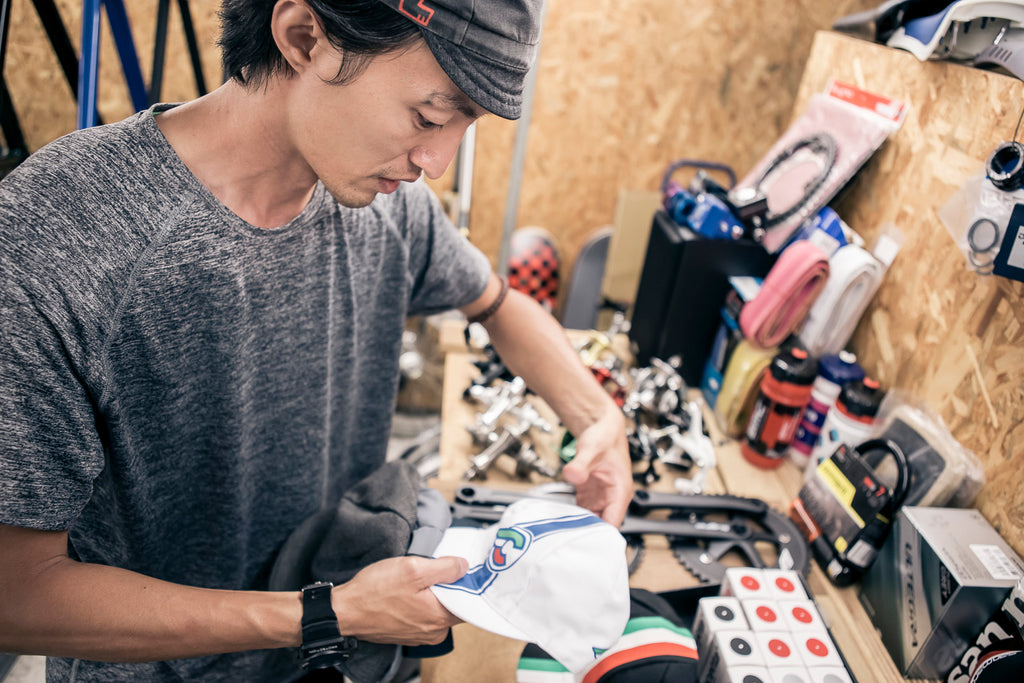
Outerboro: Where do you think functional clothing stands in the future? Do you think these clothing will become mainstream?
K: When a concept is strong enough where the general public approves of it, there is always a reason behind why everyone agrees with it. Functional clothing, I believe, will not necessarily become must-have clothing in everyone’s closet, but I think there will be a steady growth of a group of target audience who supports functional stylish clothing. For example, if white collar workers who love sports and want to bring his bike to work, equipped with a shower room, that will be a driving force to make these clothing more of a trend. Many major cities in the west are already doing this, such as San Francisco or New York in the U.S.
Outerboro: You have tested out our Motile Field Day Shorts last time. Could you give us your feedback for it?
K: It was very breezy and definitely suitable for summer. It was too bad that it was raining the day I tested it out so I couldn’t get on my bike to ride around with it. I am looking forward to wearing it around town while cycling though!
Check out nabiis’ online website here.
留言
Comments will be approved before showing up.
Blog 其它文章

美麗諾 - 全方位的穿著舒適感

Your First Suit - 如何挑選第一套西裝

Workout From Home - 居家運動
新型冠狀病毒期間,已有許多公司採取分流或遠端上班的機制,因應目前政府防疫措施的進行,許多健身房、運動中心都陸續暫時關閉,大家待在家中的時間增加。國民健康署也建議民眾在家中適度運動,避免久坐才能促進身體健康,並更有效地對抗肺炎疫情。
那麼運用居家空間如室內、陽台,可以有哪些基本的運動方式呢?

